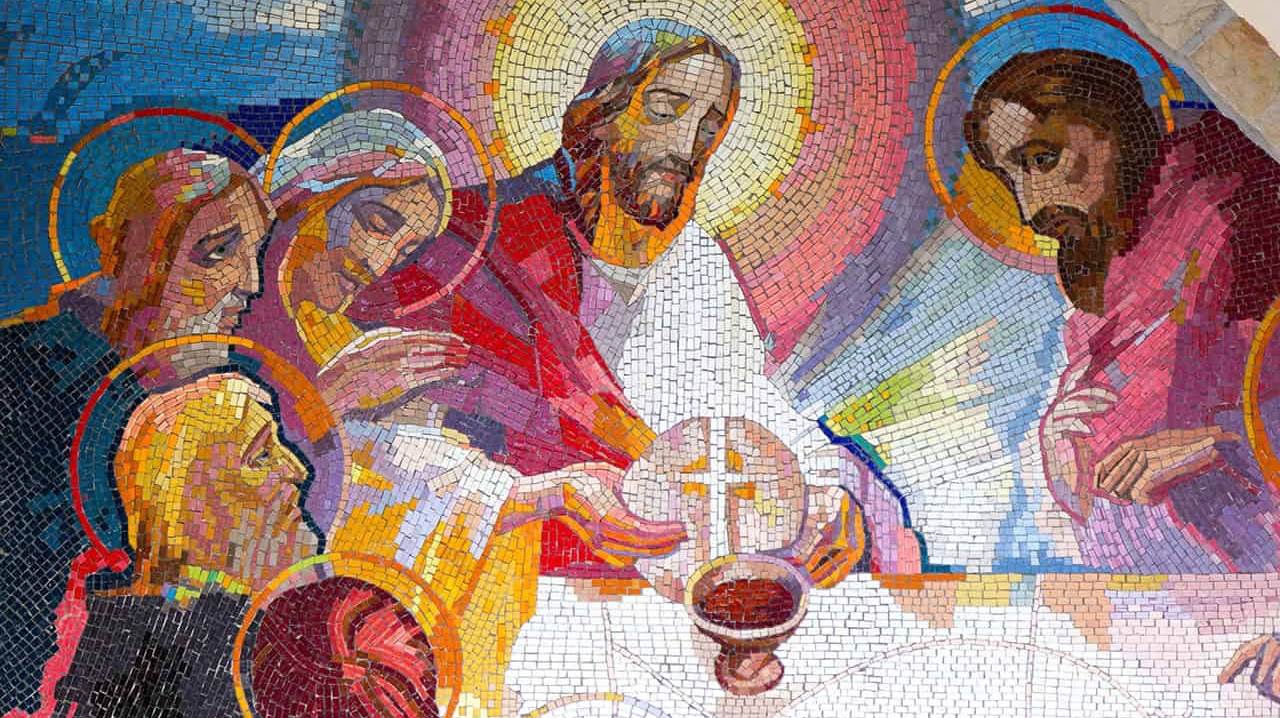To give one’s heart, completely, to someone who accepts and returns the same complete love: everyone wants this. Most hope to do it in marriage. As Catholics we learn that there are other ways; priests and members of religious orders dedicate themselves to a calling as exclusive as marriage. Many young people spend years trying to determine which of these paths draws them most, essentially seeking how to give their hearts. An excellent book expands on this theme:
“We are hardwired to give ourselves away. … Keeping one’s heart for oneself results in unsettledness, perpetual searching, a lack of peace. Profound peace and joy are the sweet fruits of uniting oneself to another, whether the other be a virtuous spouse in a sacramental marriage or God Himself.”[1]
Readers might be surprised that this quote comes from a defense of the single life. Living single in the world appears to be, by definition, the absence of any heart-giving commitment. Given the above-described longing of our nature, one can easily see why many Catholics who find themselves in that state for a long time go through so much pain and anxiety (“I have experienced that life only as misery,” states a woman quoted in the same book, p. 73–74).
However real and difficult these longings for change or clarity, we need not live in a default state, nor wait for new circumstances to enable us to commit or give our hearts. “God cannot inspire unrealizable desires,” says St. Thérèse (Story of a Soul, ch. X); if He puts a longing in our hearts, He provides a way for each of us to attain it.
An example from my own life may help. In early adulthood, I felt drawn to the convent, and visited several communities. But I soon became confused, as I didn’t know what type of order I wanted and then discovered consecrated virginity and was attracted by that too. When prompted to say what I was looking for, all I could state was that I wanted “a consecrated life.” I was not ready to understand what one Sister gently pointed out: that I was already consecrated to Christ by virtue of my Baptism.
Years of prayer and experience eventually brought Sister’s wisdom home. Every heart needs a complete commitment, a definitive self-gift. But if we think that we, or every person, can only satisfy this need by entering marriage or religious life, we may have missed what a total commitment is ours through Baptism.
In the rite of Baptism, the candidates (or parents and godparents) are asked to give vows: Do you reject Satan? Do you believe in God, in Jesus Christ, etc.? A vow marks a definite, lasting change in one’s life, to which one pledges one’s very self. Just as the vows of marriage unite spouses to each other, and the vows taken at religious profession unite the candidate to the religious community, the vows of Baptism unite the new Christian to Jesus Christ, marking the soul as his for all time and eternity. In the words of the Catechism, “The person baptized belongs no longer to himself, but to him who died and rose for us” (CCC §1269).
Granted, the obligations one takes on in these vows—what one must do to keep from losing the grace given in Baptism—involve, perhaps, only a minimal commitment. But if we understand what it means to belong to Christ, we will not fall into the trap of thinking our Baptism commits us to no more than this minimum. When a husband-and-wife exchange vows, strictly speaking, they are promising only to stay together and not to have romantic relations with anyone else. But any couple with a healthy understanding of marriage knows that their vows commit them to far more.
Traditional Christian imagery speaks of God as the Bridegroom of the soul (see Song of Songs; Mt. 9:15; Jn 3:29; Rev 19:7)—not just of priests and religious, but of every soul. The saints understood this mystical marriage. Their lives, many of which were lived in the single lay state, show what happens when one embraces the all-consuming commitment of belonging to this supreme Lover.
This Easter, as we make or renew our baptismal vows, we can take heart in knowing that—whatever our state in life—we need not keep our hearts for ourselves. We may be asked, if we have not been, to give them in some more specific vocational path, but we are already called to give them completely to Him in whom, as the Exsultet proclaims, “things of heaven are wed to those of earth, and divine to the human!”
[1] Luann Zurlo, Single For a Greater Purpose: A Hidden Joy in the Catholic Church (Manchester, NH: Sophia Institute Press, 2019), p. 77.






























